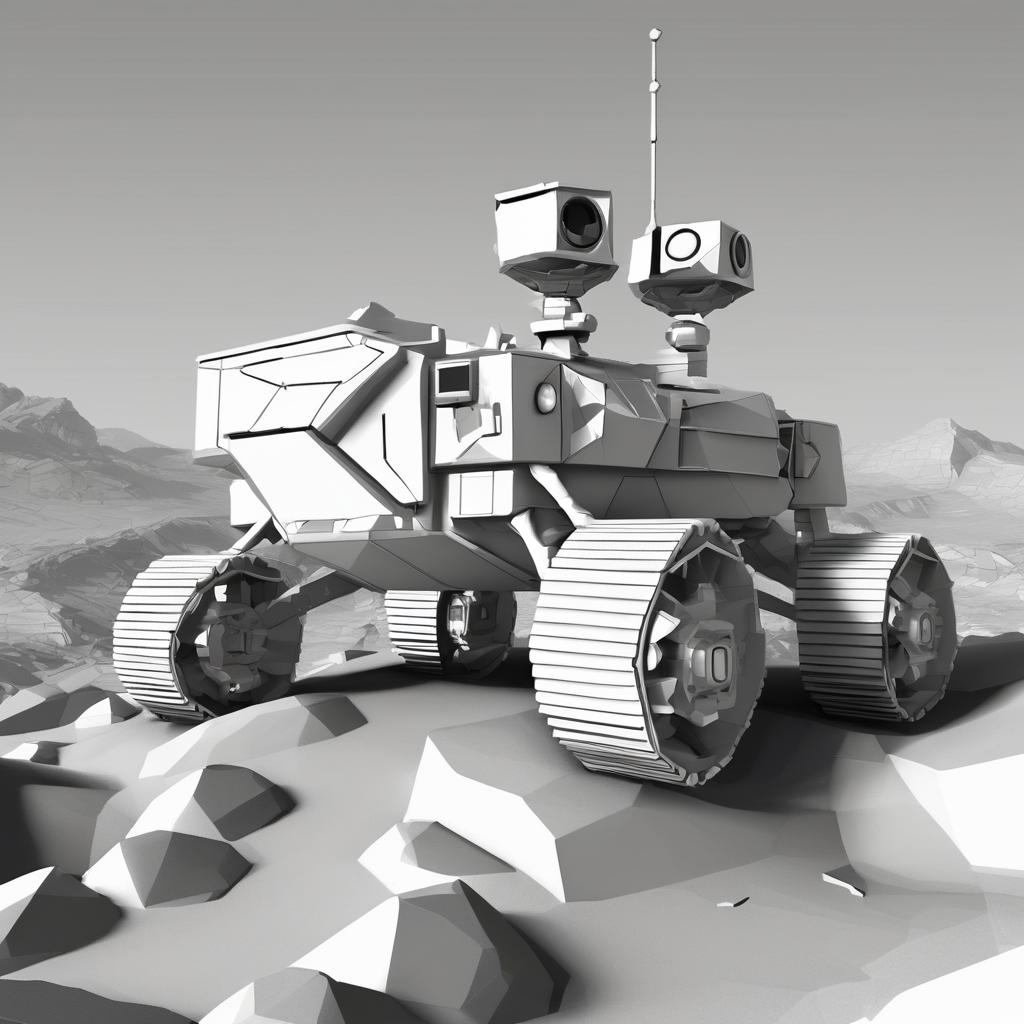Technological Battles: The Hurdles of Mars Colonization
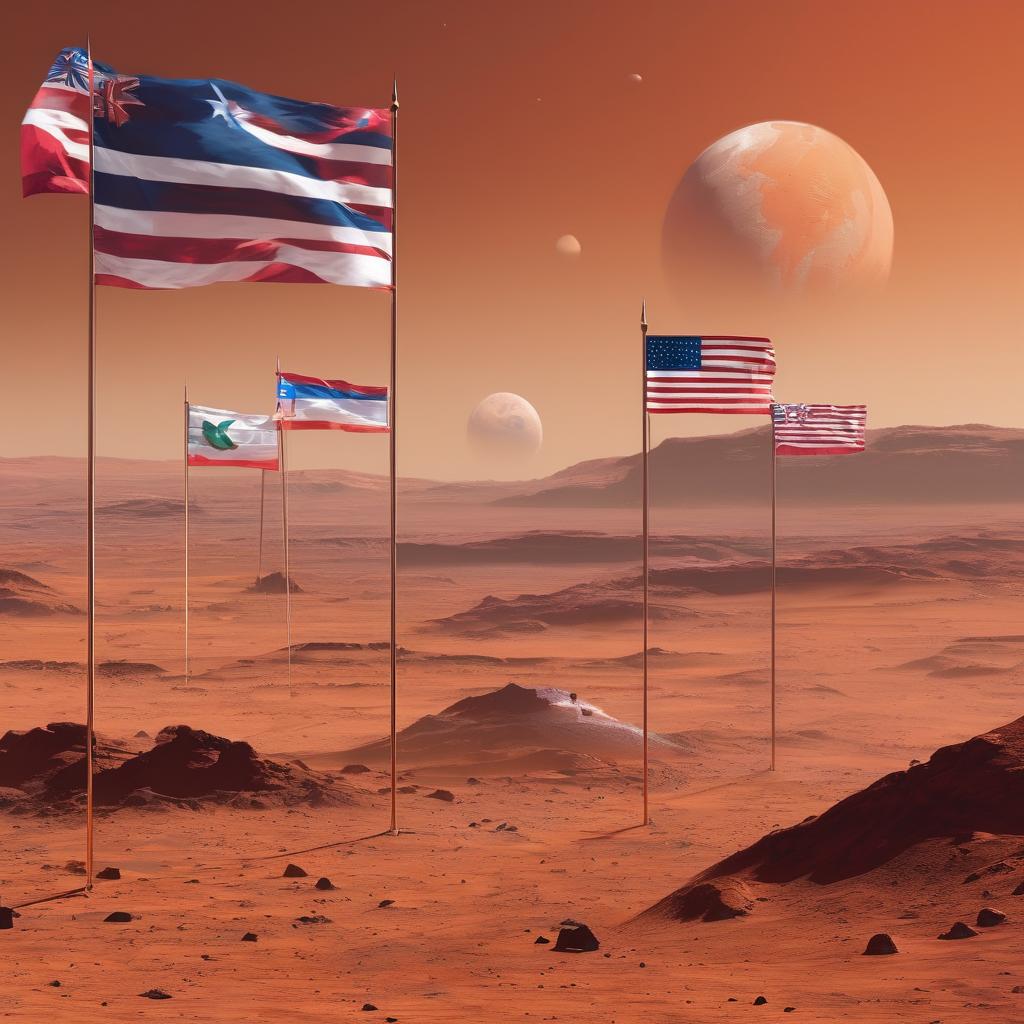
For generations, humankind has been fascinated by the alluring red planet, Mars. Currently at the forefront of a breakthrough in space exploration, the race to colonize Mars has elicited widespread international interest, with nations and corporations alike vying to be the first to plant their flags on Martian soil. This competitiveness underscores the overarching theme of technological challenges in Mars colonization, deeply intertwined with ambitious scientific and financial objectives. A vision primarily driven by the potential expansion of human life beyond Earth, the Mars colonization concept is a testament to man's ingenuity and resilience. Whether fueled by a sense of curiosity, a bid for survival, or a quest for knowledge and riches, Mars colonization carries with it an unprecedented mix of hope, risk, and adventure. This blog post is an epic review of this great endeavor, helping to demystify its motivations, challenges, and implications.
The Concept of Mars Colonization
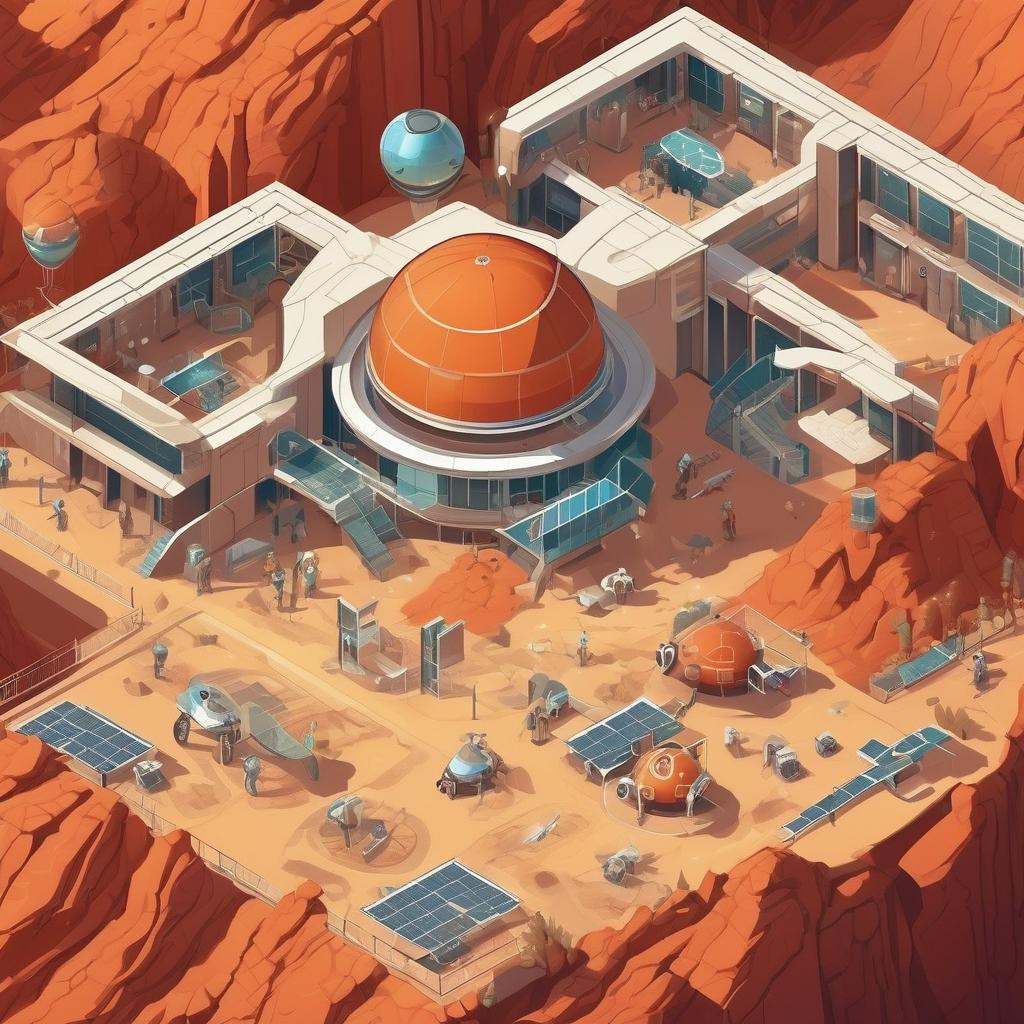
Mankind's vision for Mars colonization is majestically grand, envisioning a second home for humanity sprawling across the rust-colored surface of the Red Planet. This concept anchors on the presumption of the planet's potential for human life expansion, a proposition increasingly backed by a range of scientific discoveries. Several nations and private entities are juiced about the intriguing prospects Mars offers, triggering a curious blend of scientific and financial motivations that power the colonization race. Evidence of possible past life and the hunt for current life forms, insights into planetary evolution, and space mining opportunities are significant motivators being explored.

However, the vision of setting up a human colony on Mars is not as straightforward as it appears, thanks primarily to the technological challenges in mars colonization. Life on Mars is radically different, so radical that even our best existing technologies need to be reimagined or completely recreated. From crafting habitats that can withstand the harsh Martian climate or developing farming technologies that can draw on Mars' limited resources to anticipating and circumventing the potential threats to settlers, each challenge is a gargantuan task expected to demand significant investments. Such advancements will, on the other hand, open doors to unforeseen technological evolutions that promise to reshape life as we know it.
Understanding the Barren Martian Environment

Let's delve into the fundamentals of the Martian world and how it presents a unique set of technological challenges in Mars colonization. The Martian environment, with its harsh and dry terrain, is far from being hospitable. This scarcity of a natural, breathable atmosphere on Mars is one of the major obstacles in ensuring human survival. Unlike Earth, Mars predominantly has carbon dioxide, which humans cannot breathe. Dealing with such a substandard atmosphere represents a serious technological difficulty that scientists are striving to overcome.

Next, we examine the numerous challenges posed by the Martian soil, otherwise known as regolith. Mars' regolith contains toxic perchlorate chemicals that can be harmful to human health. Furthermore, this regolith is not conducive for growing crops directly, which stands as a significant hurdle for planning sustainable means of food production. Developing innovative methodologies to use this soil for supporting life is one more tech conundrum to be tackled.

While the absence of a breathable atmosphere and the composition of soil present considerable challenges, they also provide unique opportunities for technological advancements. It's up to our scientists, researchers, and engineers to devise and innovate solutions to these problems. Endeavors like converting the abundance of carbon dioxide into breathable oxygen, or figuring out how to use the Martian regolith effectively, are the kind of creative solutions that mark this new era of colonization. Hence, the barren Martian environment reveals itself as both a problem and a catalyst for breakthrough innovations in technology.
The Technological Challenges of Space Travel

The journey to Mars, beyond our earthly confines, poses a handful of significant technological challenges in Mars colonization. Chief among these are the engineering puzzles presented by the sheer distance to Mars, the question of fuel efficiency, and the need for sophisticated risk management protocols. Space is a vast and daunting expanse; we are barely scratching the surface of its mysteries. The voyage to Mars, for example, involves overcoming the hurdle of a distance that requires us traveling millions of miles. We are further constricted by the need for utmost fuel efficiency. Conventional propulsion technologies would make a round trip to Mars prohibitively expensive and time-consuming. NASA and other space agencies are working on more effective propulsion methods, but the outcome remains uncertain.

In tandem with distance and fuel efficiency considerations, transporting logistics is another behemoth task. Supplying the Mars mission with necessary resources, equipment, and managing waste calls for advanced logistics management systems. New technologies are being explored to improve this, including 3D printing, resource re-utilization, and even sending supply missions ahead of the crew. The mind and body of astronauts also come under strain during the prolonged journey. Thus, addressing human physical and mental health is an indispensable part of the mission. Current space travel practices involve regular psychological evaluation, physical fitness routines, and a balanced diet.

Lastly, autonomous systems and AI play an imperative role in overcoming the technological challenges in mars colonization. Given the lengthy communication delay between Earth and Mars, astronauts onboard and systems on Mars must be largely autonomous. Investing efforts in developing advanced AI is crucial to mitigate this problem, creating a future where humans can thrive on Mars.
Life Support: Developing Sustainable Systems

One of the most crucial technological challenges in Mars colonization is the design and development of completely self-sustaining life support systems on the red planet. With Mars' inhospitable environment, life support systems must be virtually autonomous, ensuring survival without continuous reinforcement from Earth. This would involve innovative technologies and mechanisms to provide breathable air, potable water, sufficient heat, and necessary nutrition to the colonizers. The use of modular life support systems, like NASA's Bio-regenerative Life Support Systems, may offer a solution, though complexities around maintenance, reliability, and efficiency remain challenging.

Creating a cycle of consumables, particularly air, water, and food, is a serious obstacle given the limitations of Mars' resources and atmosphere. For instance, to generate breathable air, novel techniques like MOXIE (Mars Oxygen ISRU Experiment), which converts Mars' carbon dioxide-rich atmosphere into oxygen, could become invaluable. To obtain drinkable water, scientists are exploring potential strategies such as extracting water from Mars' subsoil or employing atmospheric water generators. Meanwhile, sourcing sustenance poses another tough challenge, with ideas centering on cultivating hardy, fast-growing plant species or leveraging synthetic biology to grow food. Regardless, the task of creating sustainable life support systems exemplifies the serious technological challenges in Mars colonization and testifies to the herculean efforts required to make Mars colonization a reality.
Transportation Challenges on the Martian Surface
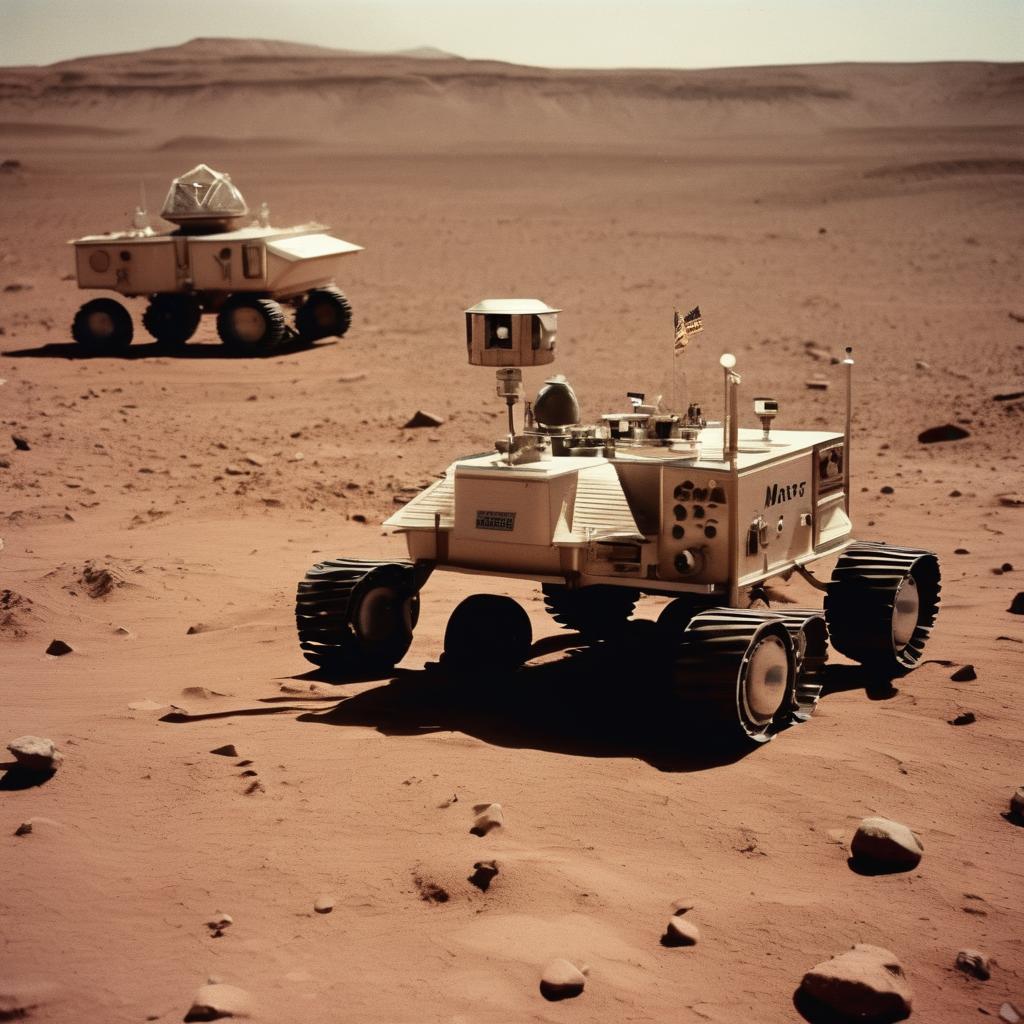
Moving on to another aspect of the technological challenges in mars colonization, addressing the unique complications in navigating across Mars' rugged landscapes presents a trying puzzle. Both human and gear transportation are met with a set of unprecedented hurdles arising from the uneven, sandy Martian surface and the lower Mars gravity, around 38% of Earth's gravity, complicating vehicle design and function. Durable vehicles must be devised, capable of withstanding not just Mars' terrain but also its harsh weather conditions, including the frequent sandstorms and extreme temperature fluctuations.

Proposed solutions to these challenges touch on technology's brilliant capacity for innovation. Some suggest rovers inspired by NASA's successful Mars Rovers, like Curiosity or Perseverance, modified for human transportation. Others propose the use of rad-hard electronics to improve vehicle and equipment resistance to radiation. There is also the ingenious concept of utilizing Mars' available resources, such as the idea of turning Martian ice into rocket fuel, seeking to overcome the logistic barriers of long-distance supply shipments from Earth.

While these solutions demonstrate progress in the attempts to overcome transportation challenges on Mars, they also highlight that the complex technology required for Mars colonization is still in its nascent stages. It emphasizes the role of continuous research in the domain, the testing and optimization of these proposed solutions, to ensure the feasibility, safety, and success of future Mars colonization missions. Only through rigorous procedure, can we turn the distant dreams and fantasy of living on the Red Planet into a tangible reality.
Private Space Companies' Mars Colonization Plans

The push for Mars colonization has extended beyond the realm of governmental expedition, with numerous private enterprises engaging in the race as well. Notably, SpaceX is at the forefront of this endeavor. Its ambitious plans for Mars colonization have been laid out, with timelines hinting at the possibility of manned Mars missions in the near future. Though strategies among these companies tend to vary, each one is addressing the immense technological challenges in mars colonization. There is no small list of challenges, with each company taking its own innovative approach towards solutions. In this context, the role of competition cannot be understated. Commercial interest in these projects creates a competitive environment that fosters rapid advancements, potentially accelerating the overall speed of research and development. Private firms' investment in overcoming technological bottlenecks may yield fruitful results, fast-tracking humanity's dream of setting foot on Mars.
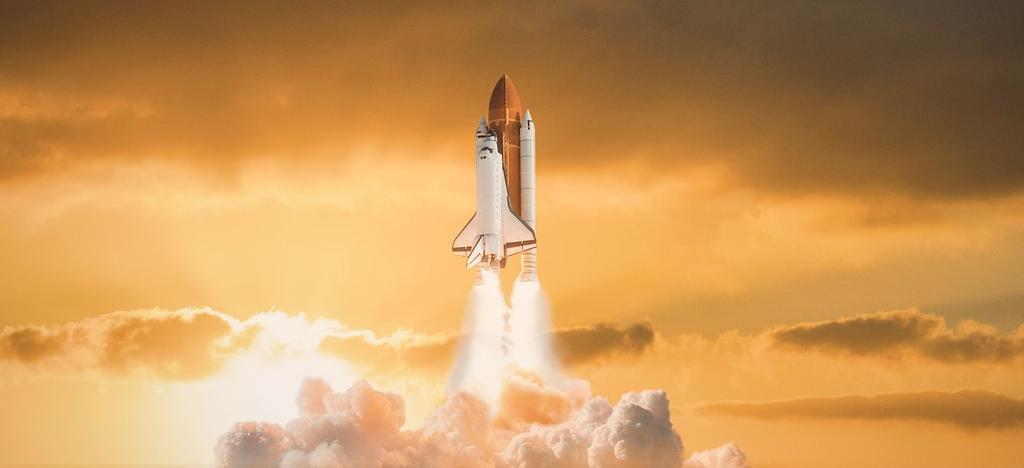
However, these endeavors are not without their controversy. The exploration of Mars remains largely unregulated, leading to ongoing debates regarding the impact of commercial exploration on the Red Planet's environment. As the focus on Mars colonization intensifies, the involvement of private space companies is expected to bring about revolutionary changes. While the potential benefits are extraordinary, the execution of these plans would require solving some of the most complex technological challenges humanity has ever faced.
Conclusion: The Path Forward in Mars Colonization

Reflecting on our exploration in this article, it's clear that journeying to the red planet is beset with numerous technological challenges in Mars colonization. Yet, it is through navigating these obstacles that the greatest feats of human endeavor and capacity for innovation are unveiled. We must persist in our technological ventures, recognizing the vast potential for growth and discovery that mars colonization promises. Let's not view these barriers as insurmountable, but as opportunities for ingenuity and creativity. Despite the difficulties lying ahead – in distance, harsh Martian environment, transport logistics and sustained life support – progress continues in leaps and bounds, pushed on by audacious visions of human life beyond Earth. It's pivotal that we continue to support research and drive forward efforts of entities vying for this monumental task. Herein lies the path to mars colonization: accepting the immense obstacles yet daring to press on anyway.

